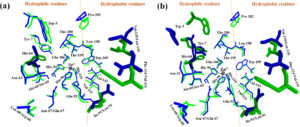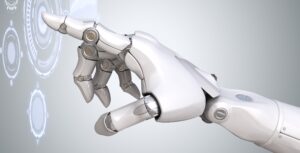INSPIRATION
Integrating robotics into logistics increases the speed and accuracy of supply chain processes and reduces human error.Robots offer more uptime and increase productivity when compared to human workers. Robots, however, do not take up the jobs of humans but rather work collaboratively alongside them to increase efficiency. Physical robots, such as collaborative robots (“co-bots”) and autonomous mobile robots (AMR), are used to pick and transport goods in warehouses and storage facilities. Moreover, software robots perform repetitive and mundane tasks that free up time for human workers.
Cobots work collaboratively with human workers, offer assistance, and enhance productivity in logistics operations.These robots pick, place, and pack goods in a brief span while eliminating potential human errors. Spanish startup Canonical Robots creates various collaborative robots to facilitate supply chain processes. These cobots have 6 axle joints that facilitate a wide range of flexibility and movement that
mimic the human arm. Additionally, these robots assist human workers in picking & placing, palletizing, and packaging operations.
RPA offers automation of low-level repetitive tasks, eliminates human error, and reduces overhead costs. For example, RPA software performs operations including invoice processing, automatic storing of information in audit trails, and automates the input of a purchase order. Philippino startup Actimai, designs, deploys, manages, and optimizes RPA solutions by leveraging AI and big data. The startup’s Actimai platform optimizes software robotic processes in order to deliver insights and analytics for process improvement.




